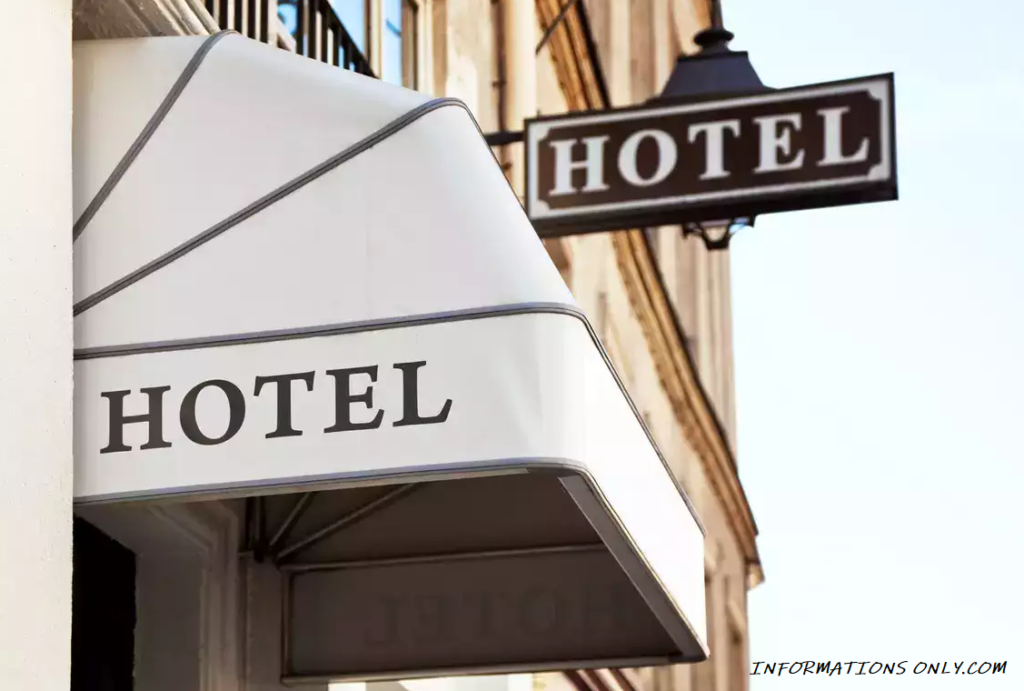Several strategic buyers and investors are actively scouting for hotel and resort properties, under bankruptcy administration for loan defaults, as revenge tourism after Covid lockdowns has made the sector attractive to those with deep pockets.

Some such prominent properties under the hammer, such as the Westin Kolkata Rajarhat, have drawn interest from several bidders.
Similarly, investors and strategic buyers are also closely observing the resolution process of Viceroy Hotels, operator of Marriott Hyderabad and Courtyard Marriott Hyderabad, and Mumbai-based V Hotels Ltd, owner of Tulip Star, erstwhile known as Centaur Hotel Juhu.
“We are seeing an increasing interest from some of our clients to acquire hotel assets through the insolvency resolution process,” said Megha Agarwal, associate partner at law firm ELP. “Creditors usually take a haircut under resolution plans, which would not be the case in a simpliciter acquisition.”
The hospitality sector was among one of the worst hit due to the COVID-19 pandemic, when several hospitality companies, particularly the owners of single hotels or resort properties, were admitted into the resolution process for loan defaults.
Now, such hotels are seeing interest from two sets of bidders – those who already own hotel properties and those willing to own such properties for the time being before they sell to someone else.
The latest data from the Insolvency & Bankruptcy Board of India (IBBI) showed 5,893 companies were brought into administration until September-end this year. Of these, 118 companies were from the hotels and hospitality sector.
On December 13, Asian Hotel (West) said in a stock exchange filing that the lenders have appointed Sapan Mohan Garg as its resolution professional. As per the company’s website, it operates Hotel Hyatt Regency near the airport in Mumbai and the JW Marriott Hotel in the Aerocity area of New Delhi through its subsidiary Aria Hotels and Consultancy Services.
We may continue to see this trend in the future since certain hotel and resort properties were facing insolvency processes even before the pandemic, given the cyclical nature of the business,” they will have to face challenges, since such companies have let go of many trained staff and vendors due to the unavailability of funds. Building a new ecosystem at that level is quite challenging for new owners.”
